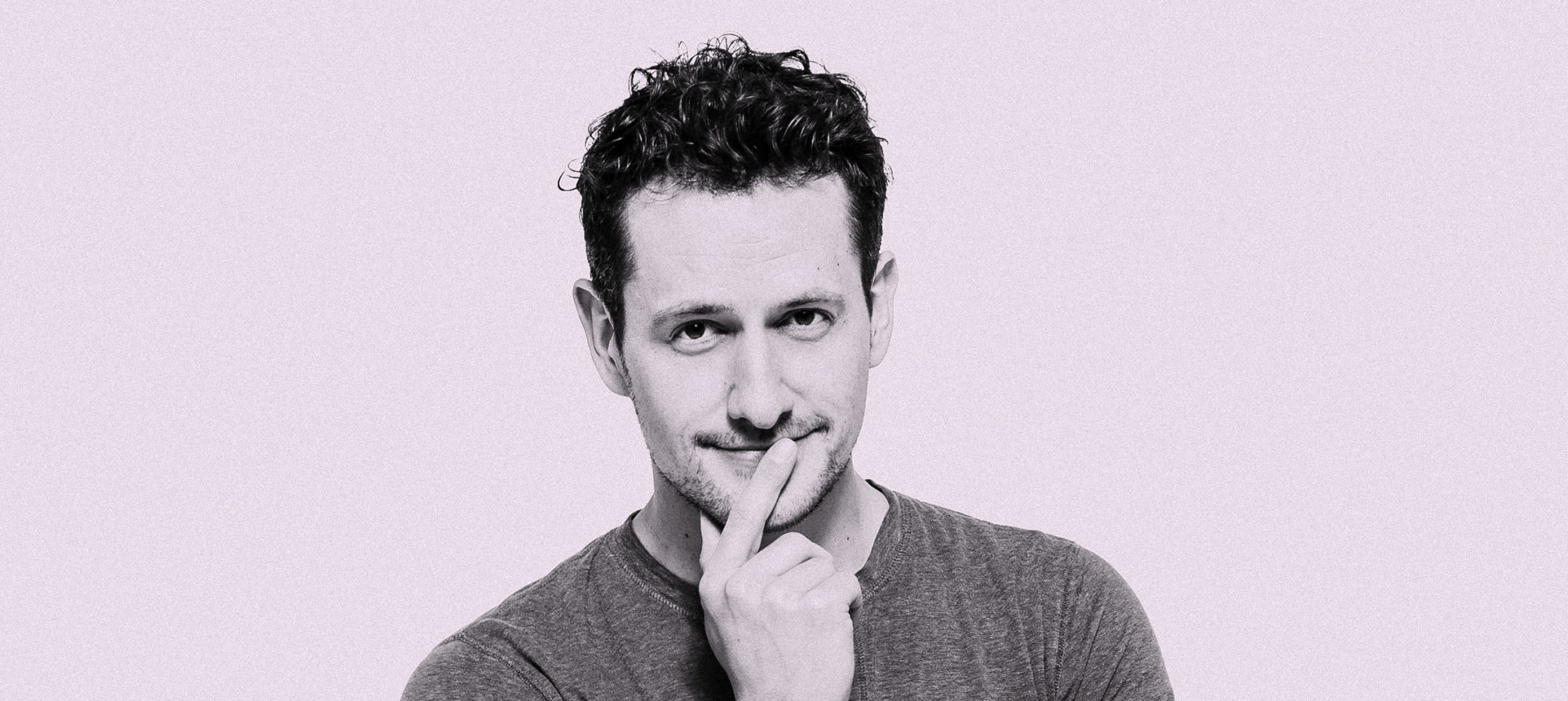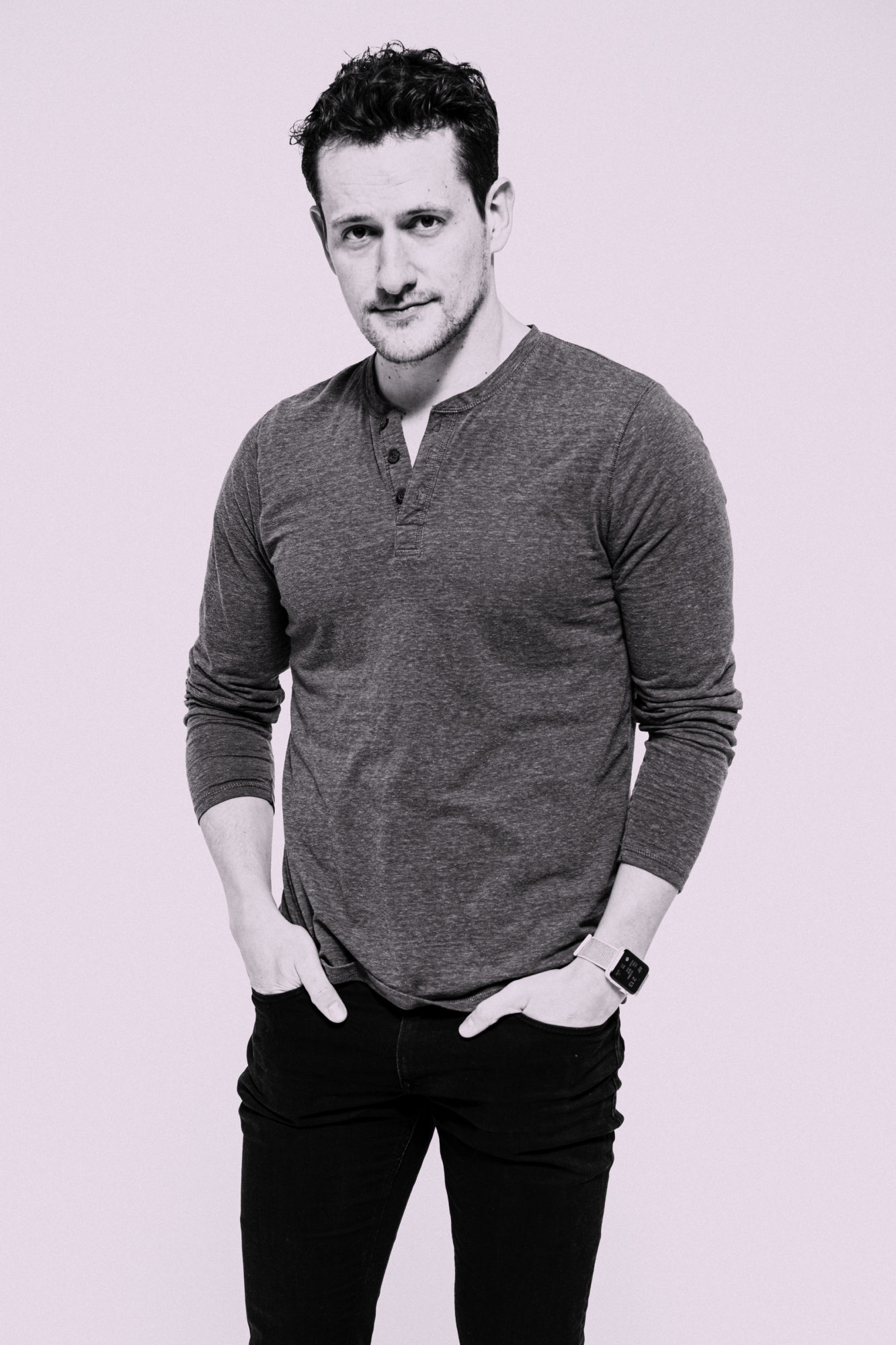
Yes, there are theater jobs in Utah
The chandelier fell to the floor with a sizzling crack. Bulbs burst, and a startling scream rang out in the impending darkness.
This was not the first chandelier drop I’d ever seen―as a patron of the arts I’ve seen The Phantom of the Opera more times than I can count―but this was the first time I’d ever seen the sparks fly, or felt the crash reverberate in the seats around me.
It was thrilling―and I have to admit that I wasn’t expecting it to be.
I’d heard of the Hale Centre Theatre in passing, discussed in the wings of the arts world, but I was a season ticket holder to the Eccles and I lived downtown―I had little need of attending a community theater in the suburbs.
But then, this was no ordinary community theater. The production alone is more advanced than any Broadway theater has the liberty to be. The $12.5 million stage rotates and lifts and lowers and produces entire sets out of nowhere. Complex cogs of machinery move 47 pieces using 130 motors, choreographing every movement with perfect precision.
In the introductory scene of the theater’s Phantom, a trapdoor is opened in the floor with a ladder jutting out of it. An actor then proceeds to drop down into it, descending the ladder as the entire floor lifts, revealing the phantom’s lair in the dungeon beneath. It was outstanding and silent, a feat of engineering and awe.
And the talent was so moving I could actually feel the sadness of the misunderstood Phantom, and hear in his voice the trembling of a troubled youth. It was a beautiful voice, I might add. One I could easily have seen on Broadway, albeit from the second or third tier. Hale Centre, as it turns out, allows everyone in the audience a front-row view.
Utah loves the arts
To understand Hale, I think it’s important to understand the community that raised it. Not the family legacy that created it (it’s still owned by Mark and Sally Dietlein, the third generation of Hale’s), or the theaters that housed it (it’s third, and most beautiful iteration opened in 2017) but the culture of the state itself.
Utah, as it turns out, is fertile soil for the arts. According to the National Endowment for the Arts, 84.5 percent of our state attends performing arts performances in a given year, far more than any other state. As Elizabeth Funk, administrative assistant in the theater department at BYU told me: “There’s so much love for musical theater in Utah, that those semi-professional venues―Hale, Tuacahn, and the Shakespeare festival―have a lot of audience members, and can actually make money on those ventures.”
That’s why the county is adding the Mid-Valley Performing Arts Center to its already impressive portfolio of stages. “Our venues are some of the most heavily used facilities nationwide,” says Sarah Pearce, executive director at Salt Lake County Arts & Culture, which owns and operates Abravanel Hall, Capitol Theatre, Eccles Theater, and Rose Wagner Performing Arts Center. “Our average annual utilization rate is 80 percent, compared to a nation-wide average of 62 percent utilization.”
To satiate all that demand, the new Mid-Valley Performing Arts Center will open in 2020, and it is set to include a 400-seat mainstage theater, a 200-seat studio theater, as well as rehearsal and event space. And because we have an audience that supports so many professional theaters, we also have plenty of theater jobs―a true rarity outside of New York and California.
That being said, theater jobs here are… different. Despite the high production value of our theaters, they are still community theaters, and thus don’t quite provide the payscale of a Broadway show. Can you be a full-time actor living in Utah? “I would say no,” says Adam Dietlin of Hale Theatre, “I think it’s a great side gig, and if you’re a single dude you can do it, but in order to get the work you have to be willing to travel and go places. You might be able to make the money, but maybe not enough to build a family, and you wouldn’t be seeing your family much.”
That’s not necessarily a bad thing.
So do actors
Adam Dietlin, by the way, is the son of current Hale owners Mark and Sally Deitlin, and he grew up―ok, wanting to be an NBA basketball player―but also, acting in his parents theater. Eventually he moved to New York City where he acted on Broadway in Beautiful: The Carole King Musical, and off-Broadway in Interview: A New Musical. And yet, despite all that success, he made the decision to come back home last year.
“When I was in New York, I was very fortunate to have great success. But I knew it was always a chapter. Because if you want to maintain being a theater actor, and you can’t get work in New York where your family might be, you have to go and travel and do regional theater just to get a gig. That’s why I knew that, for me, it was just a chapter, and now I’m here and now I have the best of both worlds.”
This strikes both of us as a very Utah way of looking at the world. In San Francisco, where I moved from, and New York, where Dietlin moved from, that sacrifice of lifestyle in favor of career was the norm. In both places, long commutes, long hours, and long stretches of time away from family were de rigueur, but that’s exactly why both of us decided to move here.

Utah’s has a certain je ne sais quoi that calls us like a siren to it’s salted shores. Sure, we don’t have the San Francisco Bay or the mountains of Tahoe. We don’t have the Met or New York City’s Broadway theaters. But, actually, we do have the mountains, and we do have the arts, and we have far more capacity to enjoy both one of those things because we can leave the office by four and be at either destination in a manner of minutes.
As an editorial writer and editor, I get it. I live in a place far removed from my chosen profession―most editorial publications are headquartered in San Francisco, New York, and Washington DC. I’m fortunate enough to work for one of very few editorial publications that exist in this city, but before I did, I moved to this state knowing I was choosing lifestyle over career, even if I still harbored some hope that my career goals could be obtained from afar.
They can be. And in fact, many of us have opted for lifestyle, and yet found a way to make a career happen here, too. As I have managed to find an editorial job, maintain my freelance career from afar, write a book, and participate in Sundance’s screenwriting program, actors in Utah have also found a way to have their cake and eat it too.
But they love the lifestyle even more
“We have a lot of friends in New York and Los Angeles,” says Bre Welch, an actress at Hale Theater. “But it’s very hard to have a family. They’re in survival mode all the time. They work this great job and can afford to eat for another month, but then it’s over and they need to go out and do auditions again. That’s always been overwhelming for me.”
Welch and her husband now operate Pepper Fox Photo, taking headshots for actors and musicians by day―she does the shooting, he does the editing―while acting in musical theater productions by night. They alternate being in shows so that the non-acting member can stay home with their kids. “We have two kids, a house, I work five hours a week on this business, and then we can do shows at night and still feel like we’re actors and we’re creating―but it’s a great way to still maintain the lifestyle we want to live.”
Deitlin agrees. “I just looked at the picture long-term. I was having great success in New York, I could have stayed out. There was another show in workshop until it got to Broadway. I was getting more into TV, film. I just got a new agent,” he says. “But the other thing that was pulling me was coming back, working with my parents, my brother Quinn, and that whole theater family again.”
Dietlin did later admit to me that he’d left too soon, that he wishes he stayed in New York for at least another year. “People think I’m crazy for what I did,” he says. “But since being back I got married and this is the kind of life that I wanted. I didn’t want to constantly be traveling, because I want to have kids and I want to be there for their soccer games or whatever it may be. And that’s what I envisioned when I moved here, knowing I can have all that and still be involved in the theater.”
Dietlin now works on the business side of things―even if he can’t define exactly what it is he does apart from “being with the theater.” But he loves it. Acting, to him, was never about the stardom, it was always about the community. He grew up in the shows, his brother Quinn was in a band and his wife is a singer. He gave up living on Broadway, but he actually likes his life better here. He is still fulfilled creatively, but he’s also fulfilled communally. He has balance.
“So many people go out to New York and have zero success and they’re so passionate, it’s their one love. I love theater, but I’m not on the crazy end of the spectrum where I’ll do anything for it because I’ve realized the realities of people in that industry. I love acting, and it’s absolutely necessary in society, but I don’t need the accolades. I’m very happy.”
Welch also sees the virtues of a part-time passion. “We didn’t want performing to be the thing we revolved around,” she says. “Theater and acting is something you give up a lot of control for. You don’t know what role you’re going to get cast in. So when we moved back to Utah, the photography business was a way to still feel like an artist, but I had more control over it. It provided us some balance.”
Dietlin and Welch are currently understudying for the main roles in Bright Star, a mesmerizing Steve Martin musical with a bluegrass band that plays live on stage. The show is beautiful, bright, and breathtaking. They may not be on Broadway, but they’re both much happier that way. So, might I say, is the audience.






